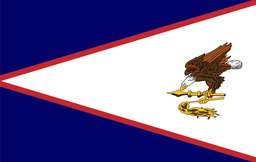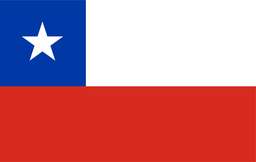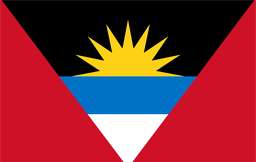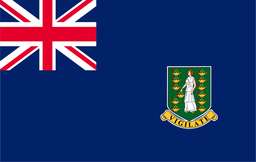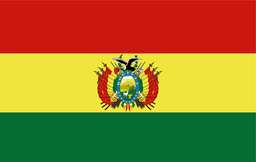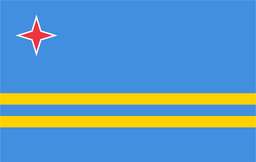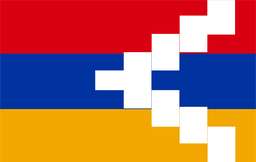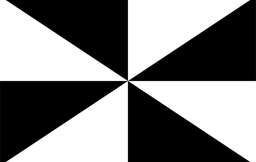The rich and varied history of the Cook Islands has been shaped by the interactions among their people with the effects of many civilisations. History started when Polynesian immigrants arrived on the islands in 800 AD. Expert navigators, these immigrants brought with them a unique culture and way of life, still quite evident in the Cook Islands' civilization now.
Polynesian Migration
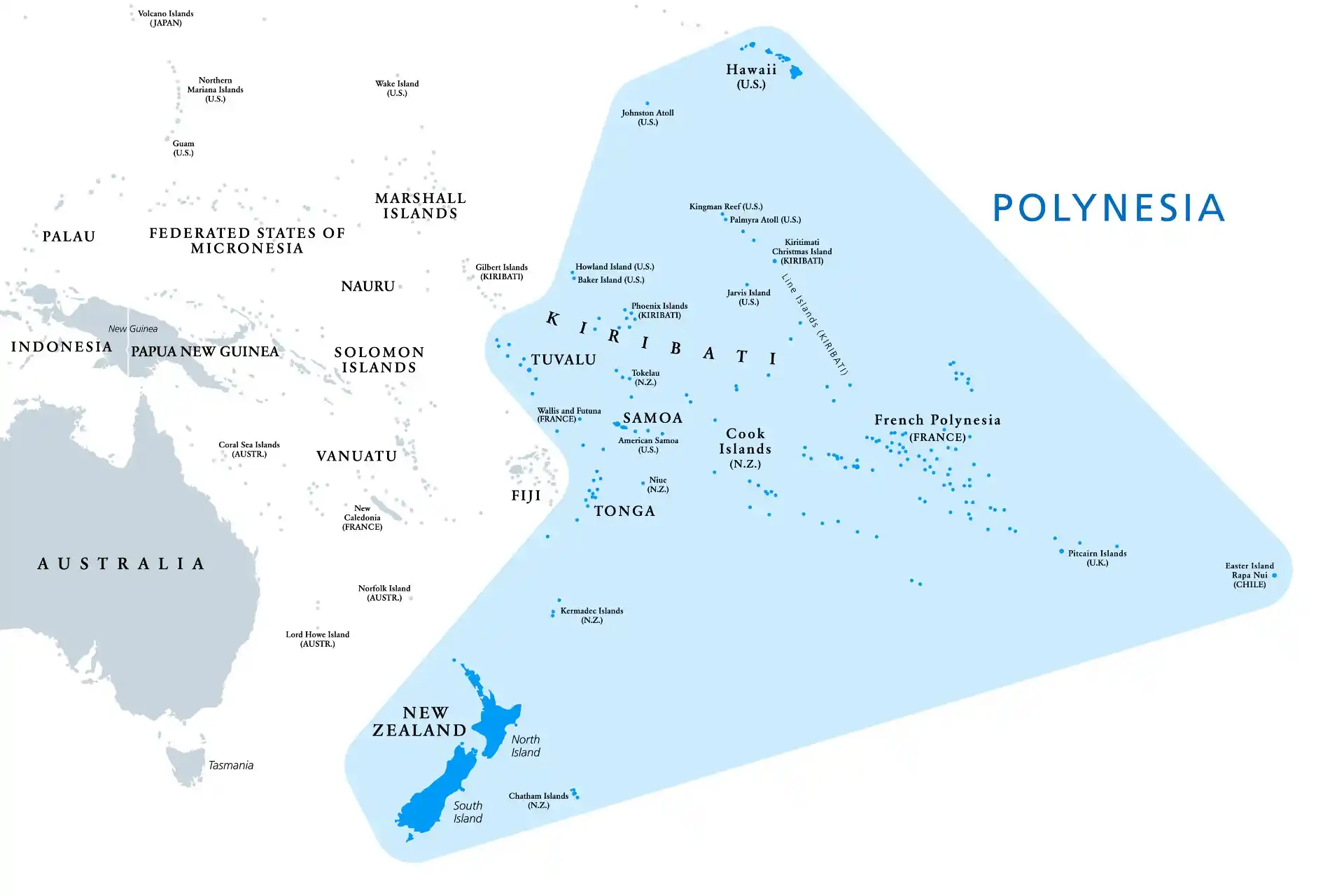
Tahiti, Samoa, and Tonga were among the other Pacific islands from which the Polynesians who landed on the Cook Islands came. Arriving aboard canoes known as vaka, they were meticulously created using age-old techniques. The early colonists were assumed to have traveled from the Marquesas Islands, and it is believed they may have had some difficulties traveling, including storms or strong waves. The Polynesians established unique tribes and groups with their customs, beliefs, and languages as they scattered over the several Cook Islands. Using the rich soil and plenty of aquatic life to support their societies, these early occupants were expert farmers and fishermen.
European Exploration and Colonization
Spanish adventurer Álvaro de Mendaña de Neira sighted the Cook Islands first from Europe in 1595. Still, Europeans started showing a more active curiosity in the islands until the late 1700s. British sailor Captain James Cook visited and mapped portions of the islands in 1773 on his second Pacific trip. He first called them after himself, but finally, they came to be known as the Cook Islands. Arriving on the islands midway through the 19th century, Christian missionaries from numerous countries carried their beliefs and views. This had a major effect on the Cook Islands' customs and culture and resulted in disputes between Christian ideas and old practices.
British Protectorate
Under the direction of Rarotongan chief Makea Takau Ariki, the Cook Islands were constituted as a British Protectorate in 1888. Under their protectorate, the Cook Islands were protected by British law and subject to British laws even as they stayed self-governing. This went on until 1901, when New Zealand acquired the islands and turned them into a dependency. Changes in governmental institutions and property ownership under this new government profoundly impacted the Cook Islanders' way of life. Political and cultural movements supporting self-government and the preservation of traditional culture emerged.
Early Settlement
With the entrance of these Polynesian immigrants, a period when distinct tribes would establish themselves on the several islands comprising the Cook Islands began. Early residents carried with them a civilization based on farming, fishing, and building complex stone constructions called marae.
Missionary Influence
Arriving at the islands to convert the native people to Christianity early in the 19th century, Christian missionaries. This resulted in changes in society's structure as well as a major transformation in conventional wisdom and behaviors. The Cook Islands' mostly Christian population today reflects the impact of these missionaries.
Annexation by New Zealand
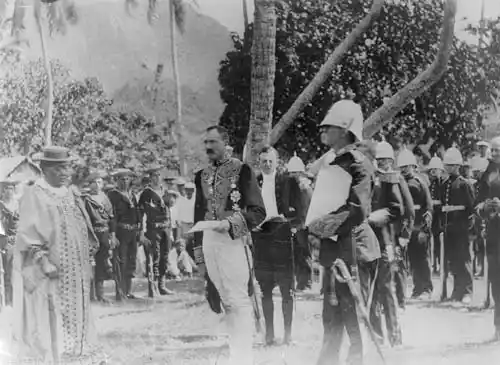
The Cook Islands were established as a British protectorate in 1888; sovereignty was then passed to New Zealand in 1901. Up until they acquired self-governing independence in 1965, the islands stayed under New Zealand rule. Currently self-governing under free association with New Zealand, the Cook Islands are
Etymology
The name "Cook Islands" pays respect to Captain James Cook, the first European visitor and island adventurer. The native name for the islands, "Kuki 'Āirani," nevertheless translates as "Islands of Light."
Culture and Geography
Comprising 15 islands dispersed over 2.2 million square kilometers in the central Pacific Ocean, the Cook Islands The islands are well-known for their breathtaking natural beauty; white sandy beaches, glistening clean seas, and rich tropical woods abound. Cook Island culture is firmly anchored in customs and traditions handed down over many years.
Politics and government
The head of state is the Queen of New Zealand; the head of government is the Cook Islands' parliamentary representative democracy's Prime Minister. Furthermore, still in effect in some spheres of society is a traditional hierarchy of chiefs and leaders. Henry Puna is the present president; he has been in office since 2010.
Military
The Cook Islands depend on New Zealand for defense and security; they have their own armed forces. To keep peace and order, the nation does have a small police force, though.
Foreign relations
The Cook Islands have close relations with neighboring Pacific Island countries as well as New Zealand. The nation also participates in several international groups like the Pacific Islands Forum and the United Nations.
Tourism
Popular tourist destinations, the Cook Islands, are due in great part to their breathtaking scenery, glistening clean seas, and rich cultural legacy. One of the main businesses on the islands, tourism, greatly boosts the local economy and offers job chances for residents.
Defense and police
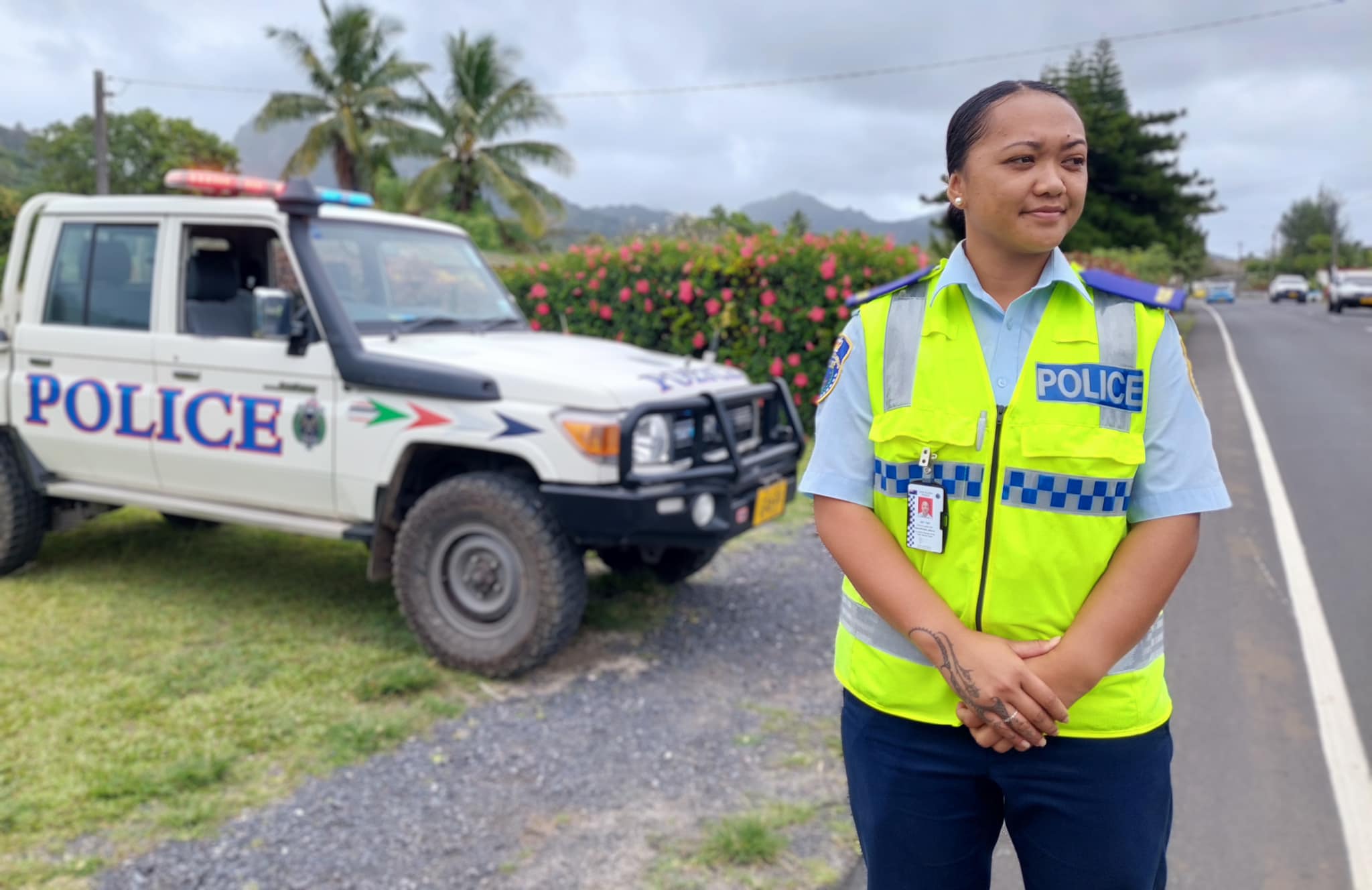
Maintaining peace and order in the Cook Islands, the small defense force known as the Cook Islands Police Service has a mutual defense agreement in place. The islands also depend on New Zealand for security and defense.
Human rights
As expressed in the Cook Islands' constitution, the government of the nation acknowledges and defends human rights. This addresses a right to liberty of religion, expression, assembly, and movement. The government also works to protect children's rights and equality as well as to progress women's rights.
Administrative subdivisions
Six islands make up the Northern Group of the Cook Islands; nine islands make up the Southern Group. Every island has an elected council under centralized governance grounded on Rarotonga, the capital island.
Demographics
The Cook Islands house roughly 17,500 residents, the majority of whom are Cook Islands Maori. There is also a substantial expatriate population, mostly from Australia, New Zealand, and the United Kingdom.
Religion
Christianity is the most often practiced religion in the Cook Islands; most individuals classify as either Protestant or Roman Catholic. In many spheres of daily life, traditional values and customs also remain quite important.
Economy
The Cook Islands' economy mostly depends on tourism; farming and fishing also play major roles. New Zealand helps the nation with infrastructure and growth by means of financial support.
Infrastructure
With modern amenities on the major island of Rarotonga, the Cook Islands have a developed infrastructure. Along with a network of roadways linking the several islands, the nation boasts an international airport and seaport.
Traditions and Culture
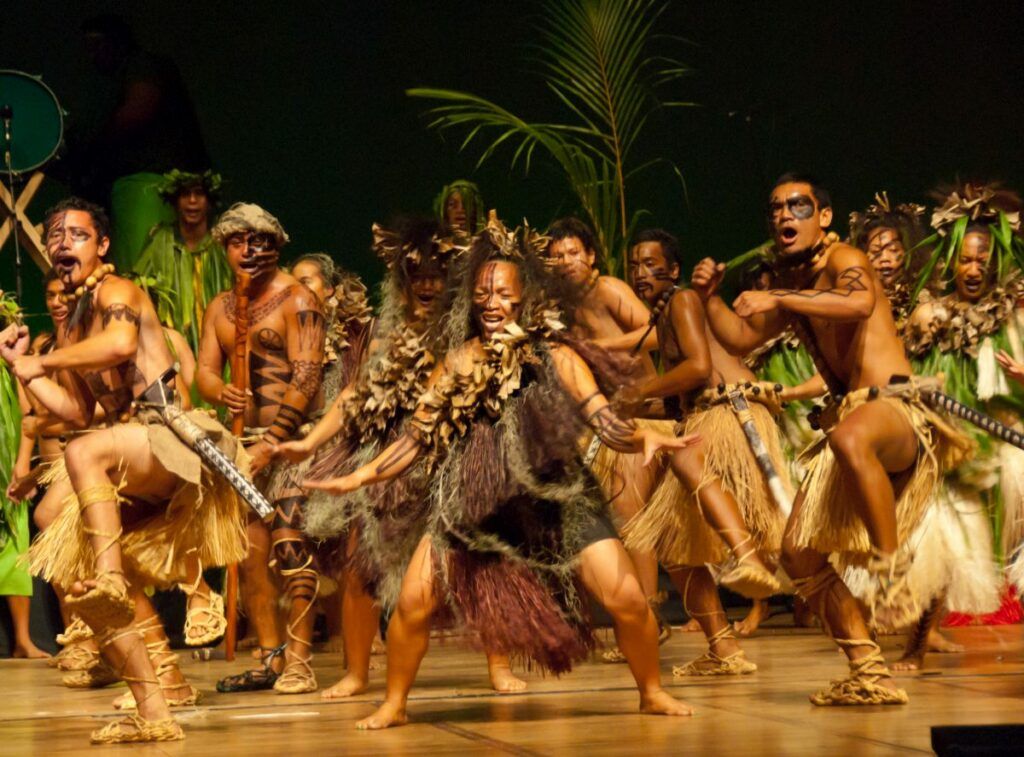
Cook Island culture has been firmly anchored in customs, arts, and crafts for a long time. Daily life revolves much around music and dancing; various celebrations highlight cultural events. Still very much consumed are traditional foods, including coconut, breadfruit, and taro.
Newspapers and media
There are some local newspapers in the Cook Islands; the most notable one is "Cook Islands News." Furthermore, New Zealand radio and television stations are accessible to the nation. The younger generation is starting to find social media really appealing.
Education
For Cook Islands children between the ages of five and sixteen, education is both free and mandated. With educational options at elementary, intermediate, and university levels, the nation boasts a high literacy rate. Additionally, under-emphasis is the preservation of traditional knowledge and customs through education.
Health Care
The Cook Islands' public healthcare system offers its people free or low-cost medical treatments. New Zealand also helps with specialist medical treatment and professional training.
Language
With many schools now providing bilingual instruction, efforts are being undertaken to protect and advance the Cook Islands Maori language. Younger generations also learn traditional customs and traditions as a means of preserving the language.
Music and Dance
Cook Islands society is rich in traditional music and dance; numerous songs and dances have been handed down over the years. Usually, accompanying instruments for music are drums, ukuleles, and bamboo pipes.
Art and Crafts
Skilled in traditional arts including carving, weaving, and tivaevae—quilt making—the Cook Islanders are. Apart from their practical worth, these crafts have cultural importance and are often passed on in families.
Cuisine
Cook Islanders' food combines European and Polynesian tastes. Classics are poke, grilled pork, rukau, taro leaves in coconut cream, and ika mata, raw fish in coconut milk. Many diets call for locally cultivated island foods.
Wildlife and Nature
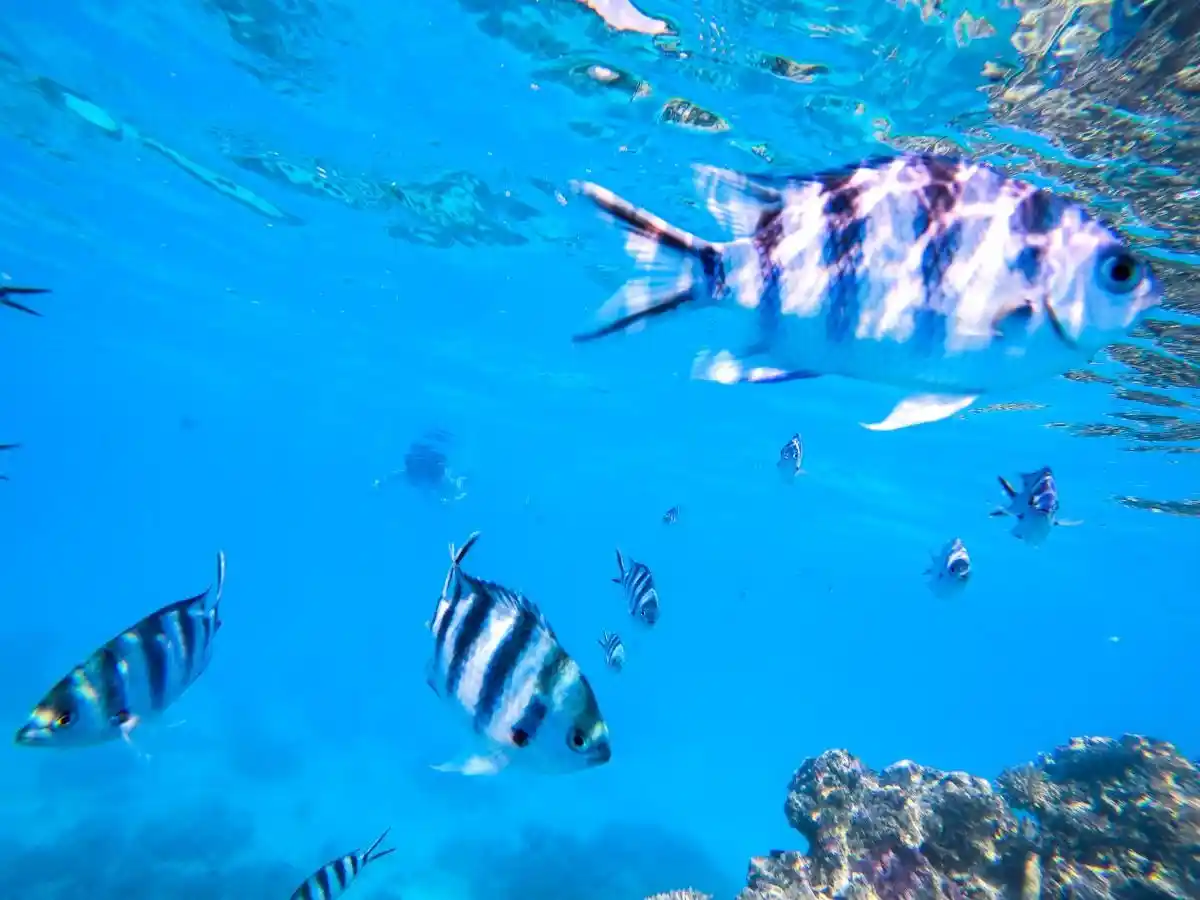
The diverse indigenous Cook Islands species reflect a range of flora and animals. Popular locations for scuba divers and snorkelers, the nearby seas abound with marine life. There are projects for conservation designed to protect the unique surroundings.
Sustainable Development
Giving sustainable development first importance, the Cook Islands target the preservation of their natural resources and cultural legacy for the next generations. This covers promoting environmentally friendly travel, using renewable energy sources, and decreasing plastic waste.
Sport
Rugby is the sport most often practiced in the Cook Islands since the national team competes elsewhere. Among rather common sports are football, netball, and volleyball. Still happening on the islands are old customs, including outrigger canoeing and fire dancing.




